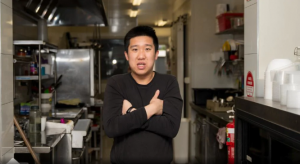Jonathon's autism story: While you might be considered 'different', you’ve got the potential to be an amazing employee
Posted on
Watching him work, it’s not just apparent that he loves his job, but also that he brings a humor to Becca that’s helped him establish a great rapport with his workmates and customers.
It’s an example of a workplace understanding, valuing and integrating the unique perspective and capabilities of autistic people.
Jonathon was recently asked by News Corp’s Leader group to talk about the importance of work. This is what he said:
My name is Jonathon Tan, and I am autistic.
My autism spectrum disorder and intellectual disability mean that social skills that others take for granted don’t always come as easily to me, making finding employment much more difficult, however I have been working full time for the past five years.
My father, Check, raised me to understand that just because I was on the spectrum didn’t mean I couldn’t do what everyone else could.

I was always expected to help around the house, was told that I was skilled and even started out by helping to clean dad’s office.
I understood that work was a part of life, not something scary or unusual.
When I was ready to branch out to secure work, I enrolled in Certificate 2 of Retail Baking at Melbourne Polytechnic and to make sure I was ready to enter the job market I contacted WISE Employment for support.
I was nervous about getting full time work. Would employers understand my ASD and ID? Would I meet their expectations?
The biggest challenges I faced were fighting stereotypes and getting others to understand the way I work.
Due to my autism, I have difficulty understanding directions in the way that other people do, for example if someone said to me ‘look around for an apron’ that doesn’t translate to me as ‘search for the apron’, I understand that direction as seeing if I can spot the apron. Instead I need someone to say to me ‘fetch the apron’.
These challenges might seem tough to overcome, but in reality, they are easy to fix and aren’t something that employers or job seekers should be scared of.
Working full-time has been amazing. It can be frantic, but I enjoy it a lot. The best part about working is the friends I’ve been able to make.
My advice to someone else with autism or an intellectual disability seeking work would be to remember that while you might be considered “different”, you’ve got the potential to be an amazing employee.
Joining the workforce might seem daunting at first, but if you get the right support like I did, then you can thrive too.
— Written by Jonathon Tan, with Check Tan
